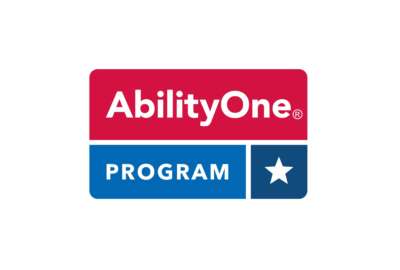Air Force to expand drug testing for prescription drug abuse
The Defense Department Health Behaviors Survey found self-reported misuse of pain medication for non-medical purposes by servicemembers increased from 2 percent in...
wfedstaff | June 4, 2015 6:29 pm
The Air Force is expanding drug testing to include prescription medications.
The Defense Department Health Behaviors Survey found self-reported misuse of pain medication for non-medical purposes by all servicemembers increased from 2 percent in 2002 to 7 percent in 2005 to 17 percent in 2008, according to an Air Force release.
“We want to lean forward and be very proactive in educating our people about the dangers of prescription drug misuse, as well as do what we can to try to deter misuse of prescription medications,” said Lt. Col. Mark Oordt, chief of alcohol and drug abuse prevention for the Air Force, in an interview with The Federal Drive with Tom Temin and Jared Serbu.
The expanded testing will begin May 1. The Air Force is focused in particular on opiates and sedatives, drugs that are highly addictive and therefore most prone to misuse, Oordt said.
The rise in prescription drug abuse is not particular to the Air Force. The Centers for Disease Control reports that prescription drug abuse is the fastest-growing drug problem in the United States.
Oordt said the Air Force’s expanded testing will not change the procedure for testing collection. The only changes will occur in the laboratories.
If an airman tests positive for a prescription drug, the sample is handed to a medical review officer, who is a physician, to check the airman’s medical record and ensure that the drug is a legitimate prescription, Oordt said.
“If the prescription is identified, the test is not reported as positive,” Oordt said.
The Air Force is also testing for spice, a synthetic substance that has similar effects as marijuana. The service has recognized this substance as a problem among airman for “the past couple of years or so,” Oordt said. The dangers of spice are it is “fairly readily available” and, because it is man-made, the effects can vary widely.
Servicemembers with a substance abuse problem can get treatment and still be protected from discipline as part of the Alcohol and Drug Abuse Prevention and Treatment (ADAPT) Program. However, “once an airman has been ordered to provide a urine sample as part of the drug testing program, any disclosure is not considered to be voluntary,” according to the Air Force release.
RELATED STORIES
Air Force probes substance abuse by cadets
Copyright © 2024 Federal News Network. All rights reserved. This website is not intended for users located within the European Economic Area.





